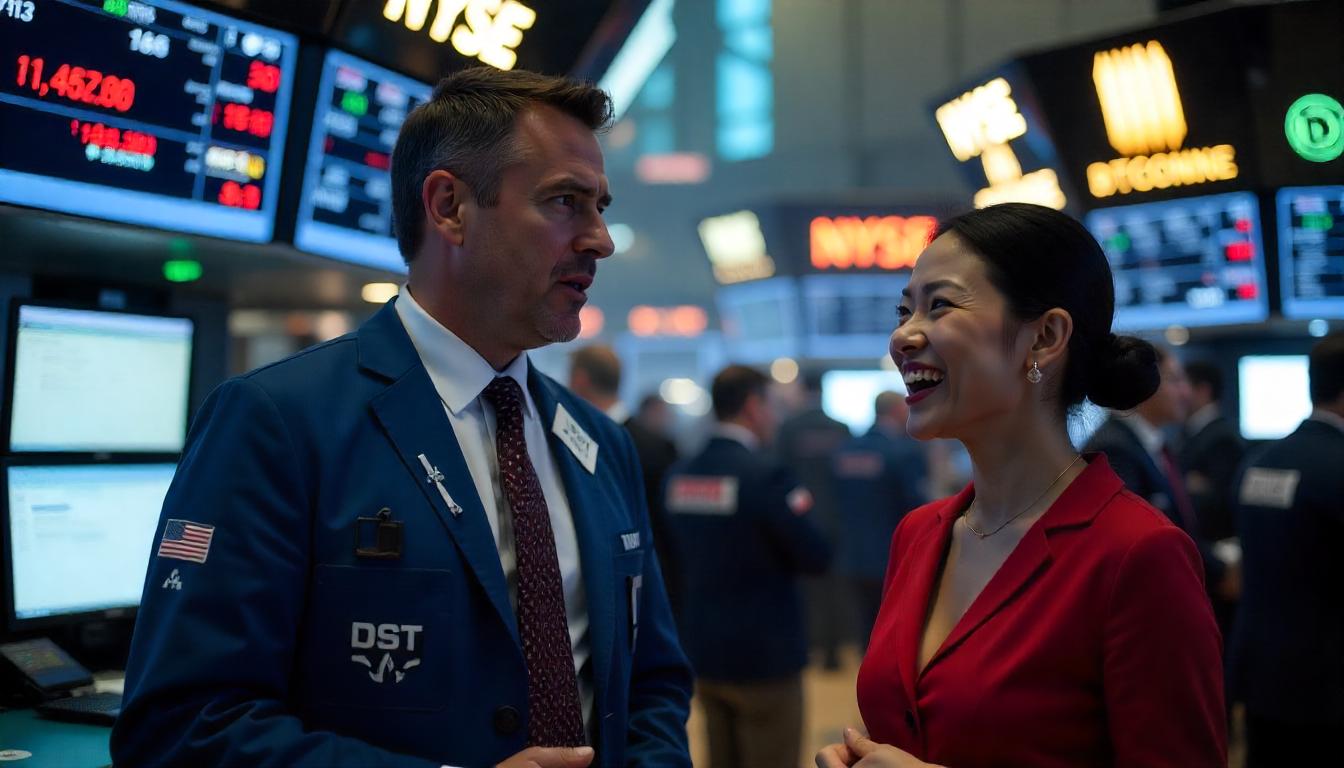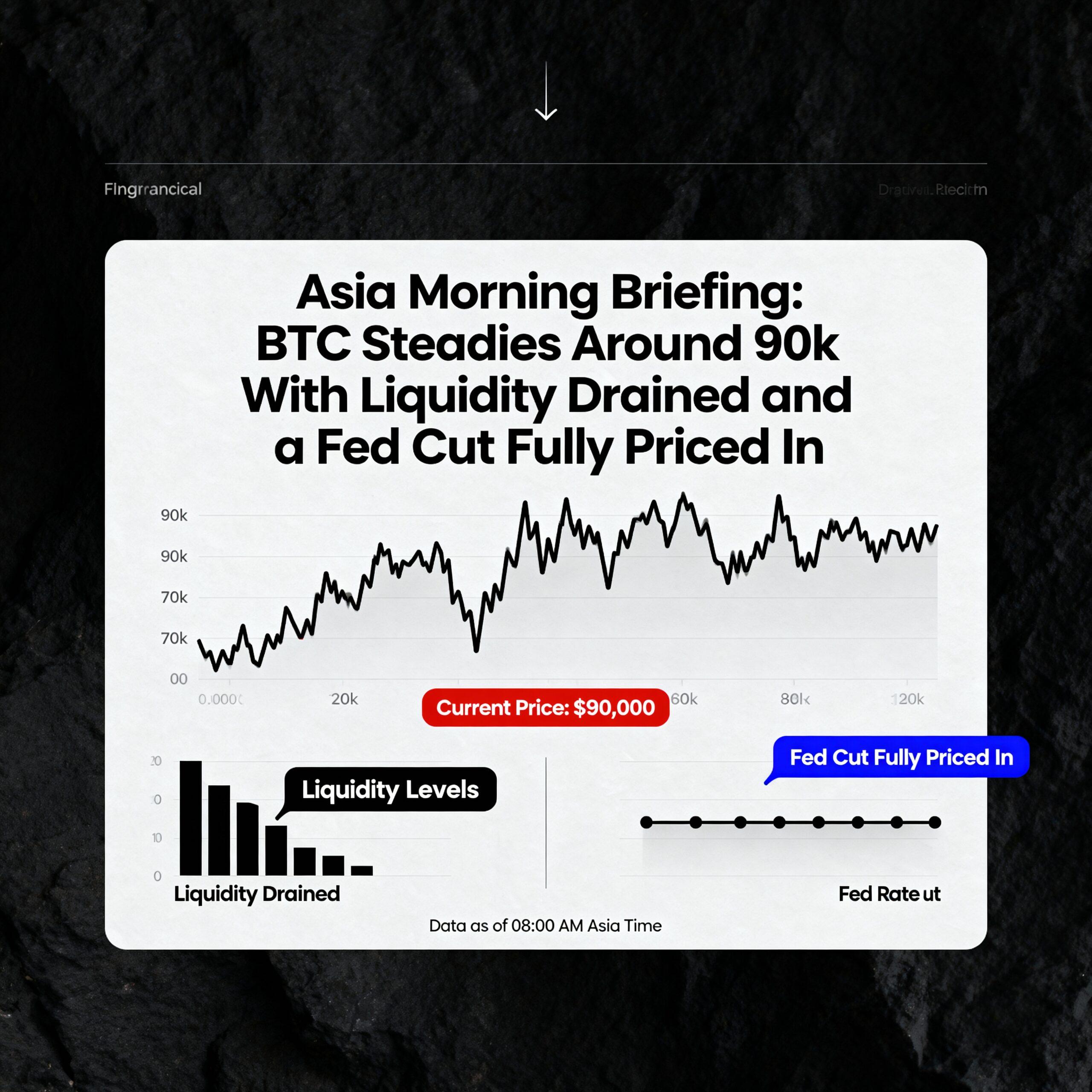Singapore broke from decades of neutrality by sanctioning Promsvyazbank (PSB), the Russian bank backing ruble-stablecoin issuer A7A5, following Russia’s invasion of Ukraine. Yet, A7A5 was legally able to appear at Token2049, as the conference is organized by Hong Kong-based BOB Group, which operates under local regulations that do not restrict engagement with Russian entities.
The move highlights a compliance challenge: a ruble-backed stablecoin tied to a sanctioned Russian defense bank ended up sponsoring Singapore’s largest crypto event, showing how financial sanctions can become blurred across jurisdictions.
At Token2049, former White House Crypto Policy Director Bo Hines promoted Tether and its Genius-act-compliant stablecoin USAT, highlighting the asset’s role in supporting U.S. dollar dominance. Later, Oleg Ogienko, A7A5’s Director for Regulatory and Overseas Affairs, presented on behalf of the ruble-backed stablecoin under global scrutiny.
A7A5, issued by Old Vector and used on the A7 LLC payments platform, is designed to facilitate in-country transactions despite sanctions. Its backing by Promsvyazbank—a Russian state-owned bank sanctioned worldwide for financing Russia’s defense sector—adds to the controversy.
After Russia’s invasion of Ukraine, Singapore joined Western nations in sanctioning key Russian banks, including PSB. MAS notice SNR-N01, issued on March 14, 2023, prohibits MAS-regulated institutions from transacting with sanctioned Russian banks, effectively restricting partnerships or sponsorships involving A7A5 or other PSB-backed assets.
Because Token2049 is Hong Kong-registered, BOB Group complied with local law, but some sponsors expressed concern. Several described A7A5’s presence as a “compliance nightmare,” with one calling it a “heart attack.” BOB Group later removed A7A5 from the official sponsor list, though A7A5 continues to promote itself as a sponsor on social media, including for the Token2049 massage lounge—a space it describes as “where deals are closed while you unwind.”
Market Highlights
- Bitcoin (BTC): Surged above $125,000, up 11% for the week, fueled by U.S. spot ETF inflows and safe-haven demand amid the U.S. government shutdown and global liquidity expectations.
- Ethereum (ETH): Trading near $4,500 ahead of December’s Fusaka upgrade, which aims to reduce rollup costs via PeerDAS, improve scaling efficiency, and reinforce ETH as a monetary backbone.
- Gold: Above $3,880, as investors seek safe-haven assets amid the U.S. government shutdown.
- Nikkei 225: Rose over 4% to a record high after Japan’s LDP selected Sanae Takaichi as its new leader, with investors betting her pro-growth policies will keep BOJ measures accommodative.





